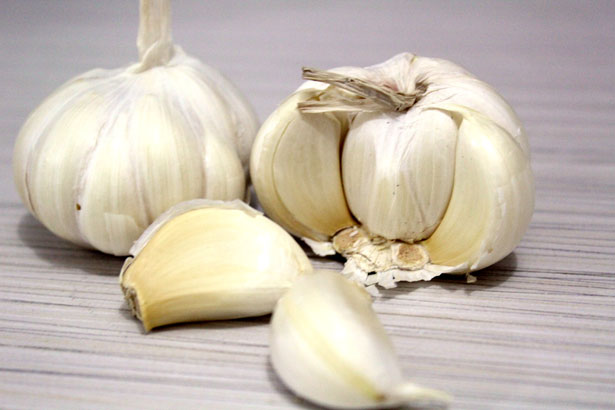 |
| Photo from jems.com |
Cystic fibrosis (CF) is a genetic disease that causes significant damage to the lungs, digestive system, and other body organs.
Cystic fibrosis damages the cells responsible for the production of mucus, perspiration, and digestive fluids. Normally, these produced fluids are thin and slippery. In persons with cystic fibrosis, however, a faulty gene causes the secretions to become sticky and thick. Secretions, rather than acting as lubricants, clog tubes, ducts, and passages, particularly in the lungs and pancreas.
Despite the fact that cystic fibrosis is a progressive disease that necessitates daily care, patients with CF are frequently able to attend school and work. They frequently have a higher quality of life than prior generations of CF patients. Because of advancements in screening and therapy, patients with CF can now live into their mid- to late-thirties or forties, with some even living into their fifties.
WHAT ARE THE SYMPTOMS OF CYSTIC FIBROSIS?
What are the respiratory signs and symptoms
- Coughing that produces thick mucus on a regular basis (sputum)
- Wheezing
- Intolerance to exercise
- recurring lung infections
- Inflammation of the nasal passages or a stuffy nose
- Sinusitis that recurs
What are the digestive signs and symptoms?
- Smelly and greasy stools
- Inadequate weight gain and growth
- Blockage of the intestines, especially in newborns (meconium ileus)
- Chronic or severe constipation, which may entail repeated straining while attempting to pass feces, finally causing a portion of the rectum to protrude outside the anus (rectal prolapse)
WHAT ARE THE CAUSES OF CYSTIC FIBROSIS?
HOW IS CYSTIC FIBROSIS DIAGNOSED?
Screening and diagnosis of newborns
Adults and older children testing
WHAT ARE THE TREATMENTS FOR CYSTIC FIBROSIS
Surgical procedures
- Bowel surgery: This is an emergency operation in which a portion of the bowel is removed. It may be performed to relieve a blockage in the bowels.
- Feeding tube: Cystic fibrosis can cause digestive problems and prevent you from absorbing nutrients from food. A feeding tube can be introduced through the nose or surgically placed directly into the stomach to provide sustenance.
- A double lung transplant: When medical management of your CF is no longer sufficient to maintain lung health and function, this treatment can improve the duration and quality of life for a person with CF.
Medications
- Antibiotics: Antibiotics may be prescribed by a doctor to treat a lung infection and prevent future infections. Antibiotics are typically administered as liquids, pills, or capsules. In more severe situations, antibiotic injections or infusions might be administered intravenously (through a vein).
- Mucus-thinning medications: These thin and make the mucus less sticky. They also aid in the removal of mucus from the lungs. This has a profound impact on lung function.
- Nonsteroidal anti-inflammatory drugs (NSAIDs): NSAIDs, such as ibuprofen (Advil), play a limited role in reducing airway inflammation. The Cystic Fibrosis Foundation recommends high-dose ibuprofen for children with CF aged 6 to 17 who have adequate lung function. Ibuprofen is not suggested for those above the age of 18 or those with more severe lung function problems.
- Bronchodilators: Bronchodilators help enhance airflow by relaxing the muscles around the tubes that deliver air to the lungs. You can use an inhaler or a nebulizer to take this medication.
- Cystic fibrosis transmembrane conductance regulator (CFTR) modulators: A class of medications known as CFTR modulators can improve the function of a faulty CFTR gene. These medications are a significant step forward in the treatment of cystic fibrosis because they target the function of the mutant CFTR gene rather than its clinical symptoms. All CF patients should get CFTR gene testing to see if they have one of the mutations approved for CFTR modulator medications. The majority of the published data are from patients under the age of 12 and with mild to severe CF lung disease.
Chest physical therapy
- a chest clapper, which simulates the effects of cupped hands clapping along the sides of the chest
- an inflatable vest that vibrates at a high frequency to aid in the removal of chest mucous
In-home care
- Drink plenty of fluids to help thin the mucus in your lungs.
- Exercise on a daily basis to aid in the removal of mucus from the airways. Walking, biking, and swimming are all excellent choices.
- When possible, avoid smoke, pollen, and mold. These irritants might aggravate symptoms.
- Get your influenza and pneumonia immunizations on a regular basis.







